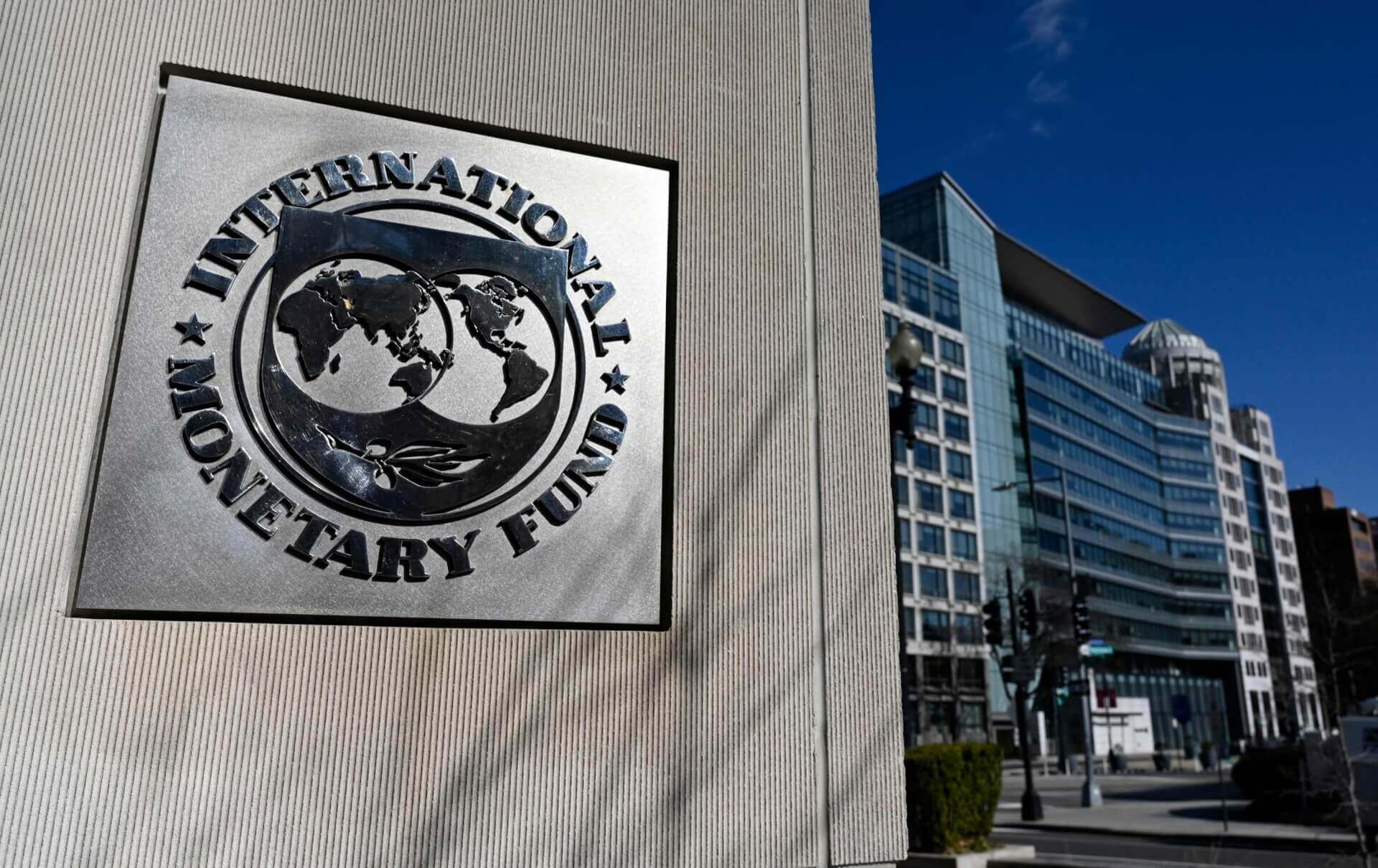Ahead of bailout talks with the International Monetary Fund (IMF) in Doha, Pakistani Finance Minister Miftah Ismail affirmed that fuel subsidies would not be removed, as the people would not be able to “endure” it. The global financing body, however, has stressed that this is one of the preconditions for the release of $1 billion in funds.
His predecessor, Shaukat Tarin, had agreed to raise diesel prices by $0.75 and petrol by $0.50 to satiate the demands of the IMF. Ismail, however, said these terms were unacceptable for current Prime Minister (PM) Shehbaz Sharif. Moreover, he accused the Imran Khan administration of “deliberately” agreeing to these conditions to place Sharif in a “difficult position” with the IMF.
Finance Division’s team is leaving for consultations with the IMF Mission at Doha from tonight.Meetings will start from tomorrow.@MiftahIsmail
— Ministry of Finance (@FinMinistryPak) May 17, 2022
Ismail went on to allege that the Azadi March Khan had planned in Islamabad today that has now been barred from taking place, was strictly designed to derail talks with the IMF. He claimed that discussions were previously scheduled to be held in Islamabad but IMF officials were sceptical about attending due to the potential security threat posed by Khan’s protest, forcing the meeting to be moved to Doha. In this respect, Ismail said this was proof that Khan had “prioritised his personal politics over Pakistan’s interests.”
However, reports suggest that the IMF’s decision to reschedule the discussion was to provide Pakistan more time to revoke the subsidies.
IMF cancels its plan to come to Pakistan on the 10th of May. Says that it would only meet on the 18th in Doha Qatar IF fuel subsidies are withdrawn by May 15th.
— Mir Mohammad Alikhan (@MirMAKOfficial) May 9, 2022
عمران یاد تو آرہا ہوگا نا ؟
Nevertheless, Ismail vowed to return with “good news” and said he would tell IMF to provide their demands “in writing” to clarify the terms of the release of aid.
The Sharif administration’s opposition to remove subsidies is surprising, given that the Pakistan Muslim League-Nawaz (PLM-N) had opposed Pakistan Tehreek-e-Insaf’s (PTI) decision to freeze petrol and electricity prices for four months back in February. In fact, while they were in still in the opposition at the time, they argued that Khan had “derailed” discussions with the IMF by introducing the measure.
Although highly unlikely, if for a moment we assume that IMF does give the incumbent govt “a break” and concludes agreement without fuel price increase, the subsidy will be highly damaging to the economy and result pressure fiscal balance and push up IRhttps://t.co/AvBAKtX5H2
— Javed Hassan (@javedhassan) May 23, 2022
In fact, even after taking over as finance minister, Ismail said that the subsidies were costing the government billions of rupees. Speaking to Al Jazeera, he said the subsidies were merely benefitting the rich, as “the poorest of the society do not drive.”
Moreover, when the talks began on May 18, the finance minister even reassured the IMF that he was willing to take “tough decisions” such as increasing petroleum and electricity prices to mitigate the economic crisis.
Uncertainty over the revival of an IMF programme has compounded volatility in the economy and markets amid a political crisis since a new government took over last month from ousted Prime Minister Imran Khan.
— Pakistan Peoples Party - PPP (@PPP_Org) May 24, 2022
The IMF is likely to conclude ongoing talks over a 7th review in Doha.
The discussions in Doha this week aim to restart a $6 billion loan agreement that began in 2019. The release of funds was suspended last month after Khan reversed his decision to end subsidies and increase taxes.
Meanwhile, on Tuesday, Saudi Finance Minister Mohammed al-Jadaan announced a $3 billion deposit to Pakistan to help revive its foreign exchange reserves. Speaking on the sidelines of the World Economic Forum in Davos, Jadaan hailed Pakistan as an important ally and vowed to support the country through its economic crisis.
Saudi Arabia is finalizing the extension of $3 billion deposit to Pakistan, Saudi Minister of Finance Mohammed Al-Jadaan told Reuters. “We are currently finalizing extending the $3 billion deposit to Pakistan,” he said on the sidelines of the World Economic Forum in Davos.
— Syed Talat Hussain (@TalatHussain12) May 24, 2022
The Saudi Minister did not provide any further details on the offer. However, on May 1, after Pakistani Prime Minister Shehbaz Sharif’s visit to Saudi Arabia, a joint statement was released saying that the two countries were “augmenting the three billion dollars deposit with the central bank through term extension or otherwise.”
Pakistan has also sought assistance from China, though recent meetings between high-ranking officials, including their foreign ministers and PM Sharif and Presiden Li Keqiang, did not mention any such aid.
The text of the Joint Statement issued at the conclusion of PM Shehbaz Sharif's 3-day visit to the Kingdom of Saudi Arabia. pic.twitter.com/gq9UoLzkUj
— PML(N) (@pmln_org) May 1, 2022
Pakistan’s foreign reserves have plummeted to just $16 billion and its current account deficit could hit $17.5 billion this year, or around 4.5% of its GDP. Furthermore, its trade deficit stands at $39.2 billion.
Against this backdrop, The State Bank of Pakistan (SBP) has admitted that it only has enough funds to afford one and a half months of imports. Therefore, the government has instituted an import ban against a range of ‘luxury’ goods, including mobile phones, cars, fruit, shampoo, cornflakes, and chocolate.
Ismail will be accompanied on his trip to Doha by Minister of State for Finance and Revenue Dr. Aisha Ghous Pasha and other officials from the SBP and the Federal Board of Revenue.

